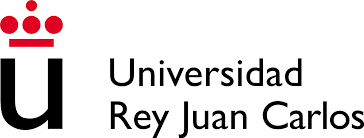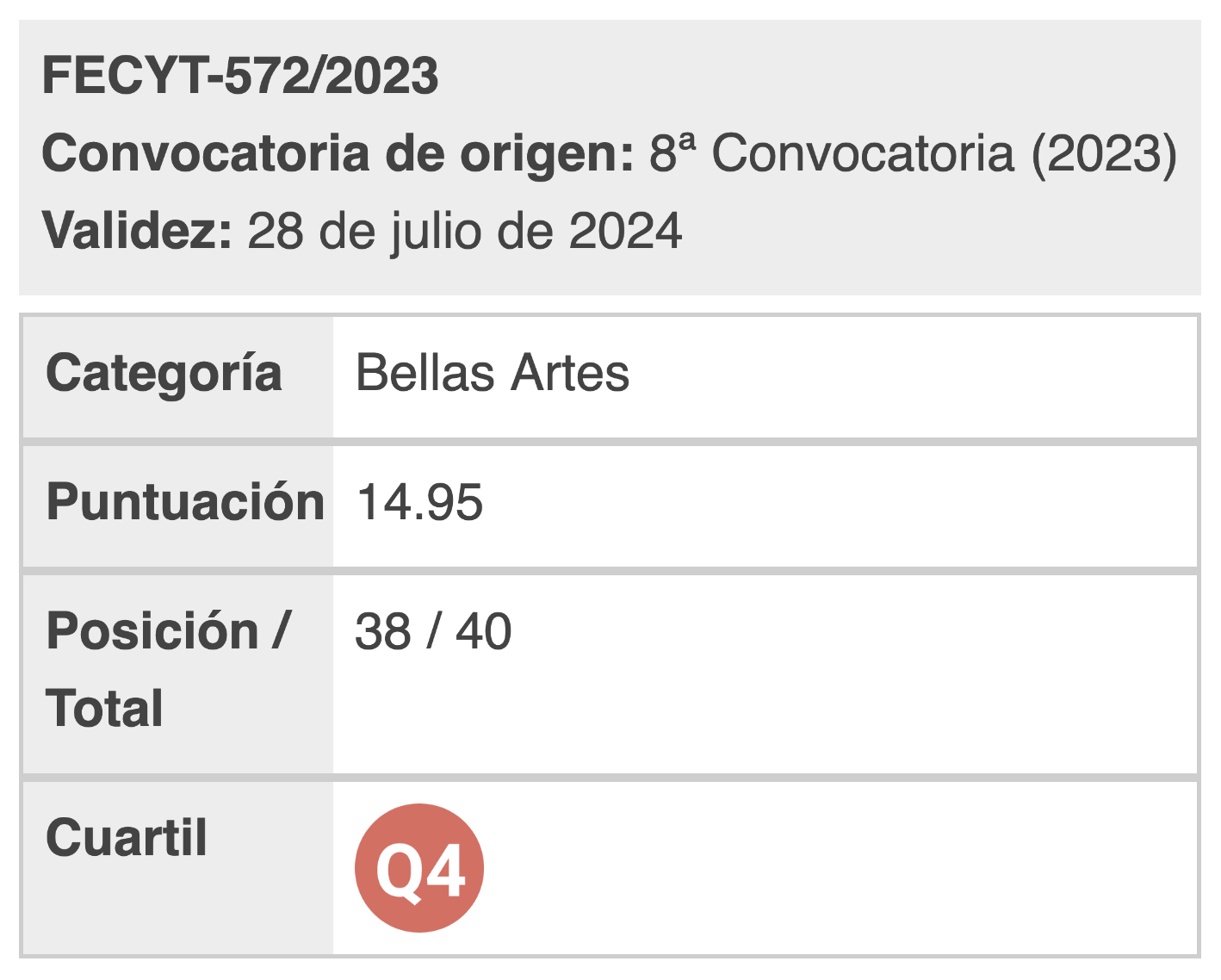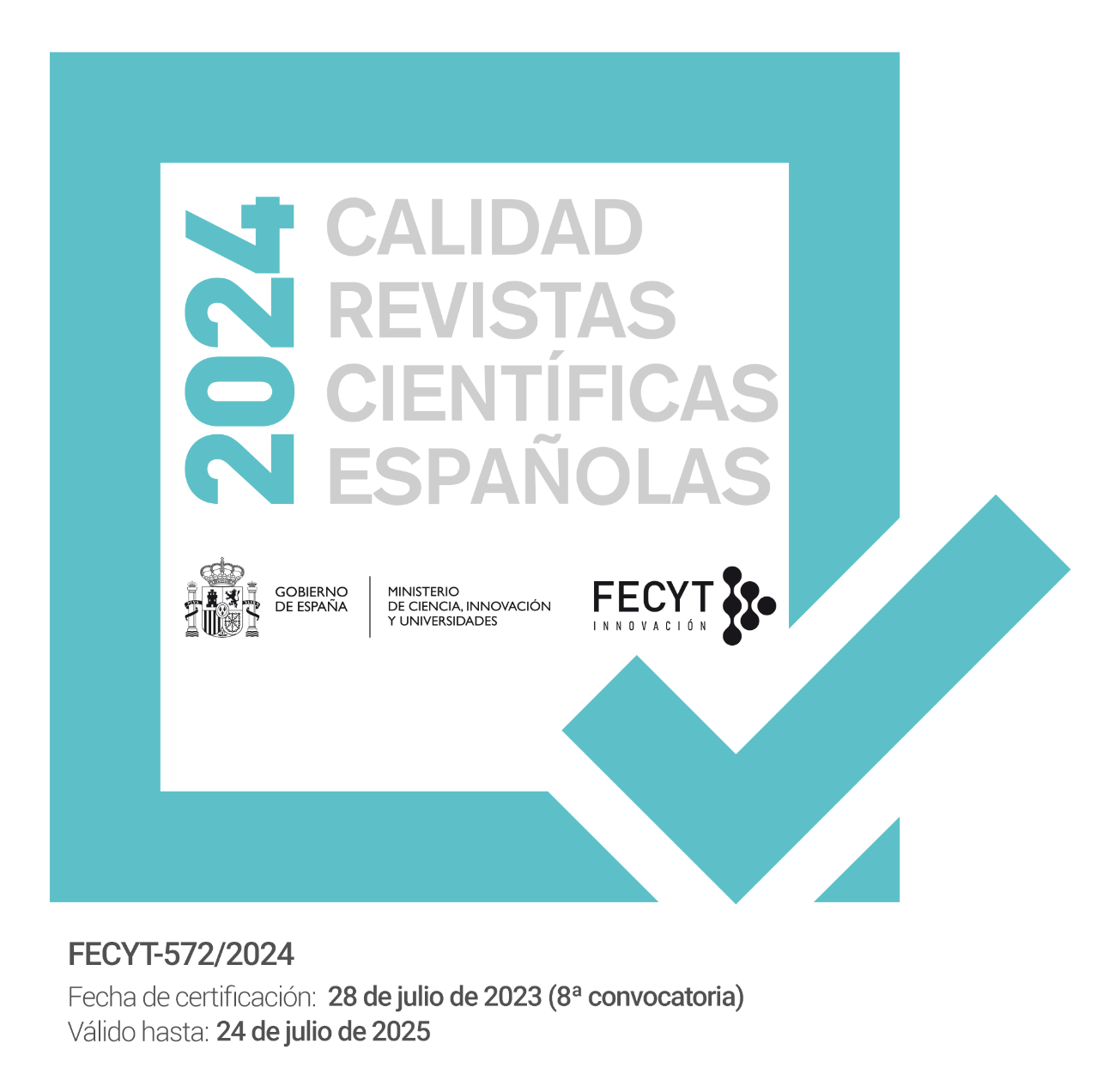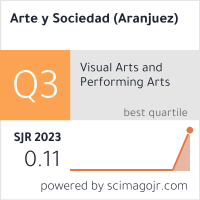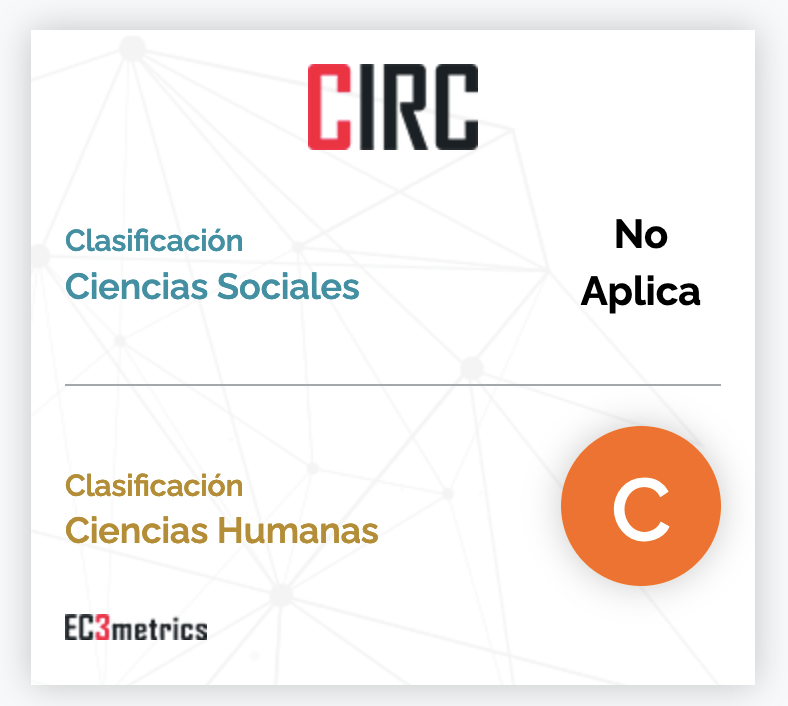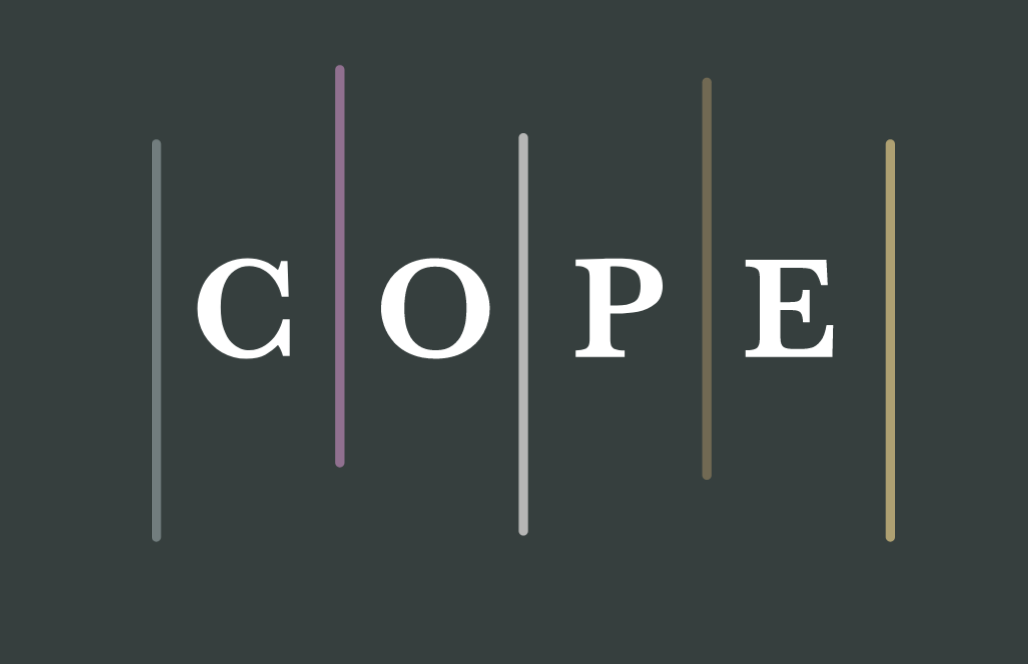Timeless time. Becoming postpresnt
DOI:
https://doi.org/10.5281/zenodo.7648912Keywords:
Postpresent, Transformation, transit, DesireAbstract
Thinking post-present is a contemporary challenge for philosophy. Altered times of technology dissolve the past and the future, becoming post-present. Specially expressed in Digital Eros.
References
Agustín de Hipona (1994). Confesiones. Alianza.
Braidotti, R. (2013). Lo posthumano. Gedisa.
Cruz, M. (2016). Ser sin tiempo. Herder.
Chrétien, J.L. (2002). Lo inolvidable y lo verdadero. Sígueme.
Ferrando, F. (2019). Philosophical Posthumanism. Bloomsbury.
Gadamer, H.-G. (1991). La actualidad de lo bello. Paidós.
Gadamer, H.-G. (1997). Verdad y método. Sígueme.
Harari, Y. (2016). Homo Deus. Ebook.
Marco Aurelio. (1996). Meditaciones. Alianza.
Markovich, M. (1968). Heraclitus. Universidad de los Andes.
Mazocco, R. (2019). Transhumanism, Engineering the Human Condition. Springer Praxis Books.
Nietzsche, F. (1988). La genealogía de la moral. Alianza.
Nietzsche, F. (2003). Así habló Zaratustra. Alianza.
Parménides. (1998). De Tales a Demócrito. Alianza.
Platón. (1997). Banquete. Gredos.
Platón.(1998). Teeteto. Gredos.
Rojas Parma, L. (2019). The Fiction of The Beautiful, Dialogue and Universalism, 29(2).
Rojas Parma, L. (2020). Callas in Concert: sobre el holograma, el recuerdo y la presencia. Revista de Filosofía, Universidad Complutense de Madrid, 45(2)
Rumi. (2002). La esencia de Rumi, Obelisco.
Tola, F. y Dragonetti, C. (2013). Filosofía budista. Las cuarenta.
Whitman, W. (2004). Obras completas. Aguilar.

Published
How to Cite
Issue
Section
License

This work is licensed under a Creative Commons Attribution 4.0 International License.
You are free to:
Share — copy and redistribute the material in any medium or format.
Adapt — remix, transform, and build on the material for any purpose, including commercial.
Attribution — You must properly acknowledge the authorship, provide a link to the license, and indicate if any changes have been made.
You may do so in any reasonable manner, but not in any way that suggests that you endorse or receive any endorsement by the licensor for your use.
No additional restrictions — You may not apply legal terms or technological measures that legally restrict you from doing what the license allows.

